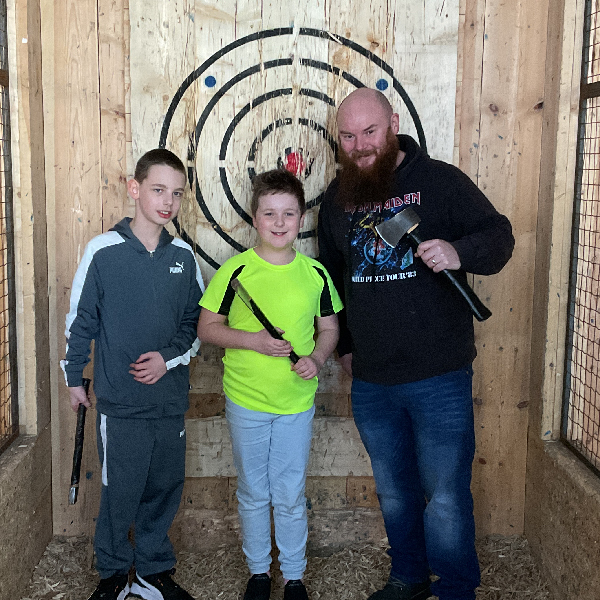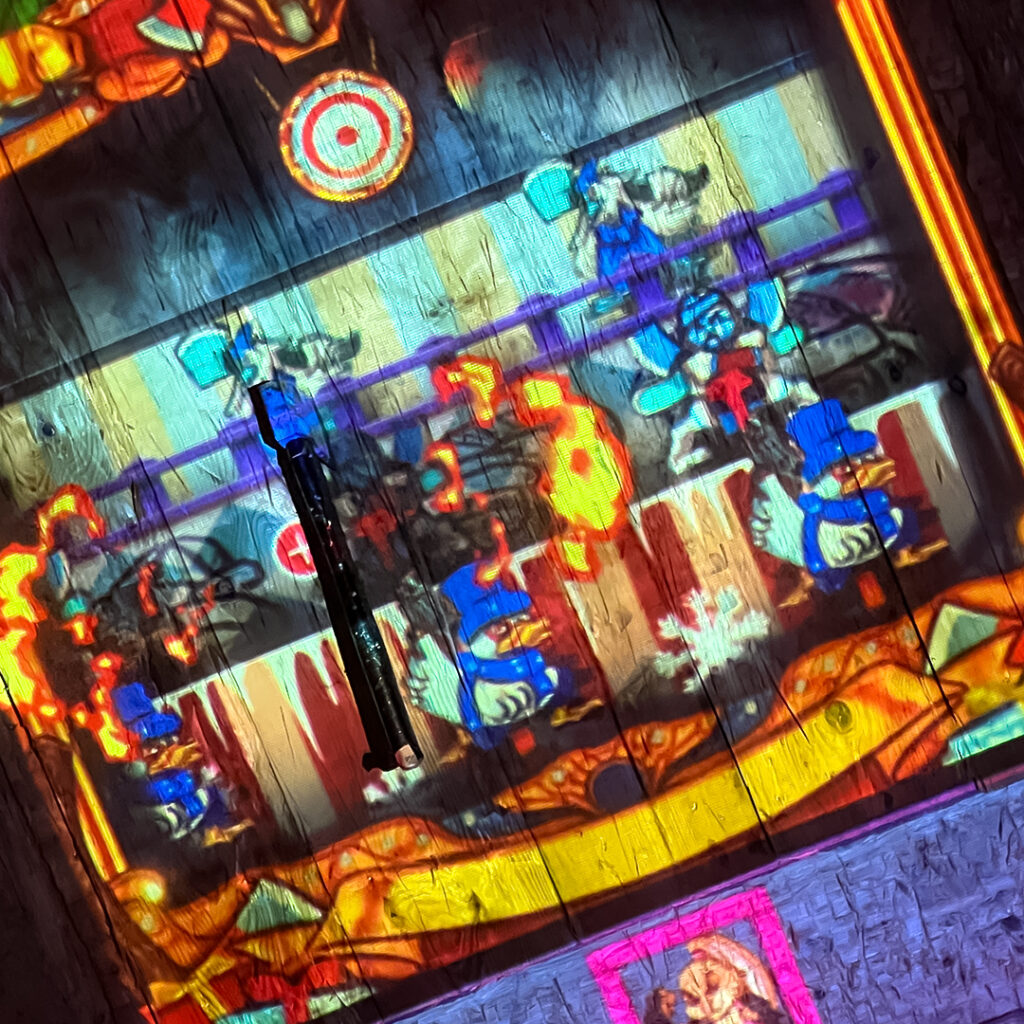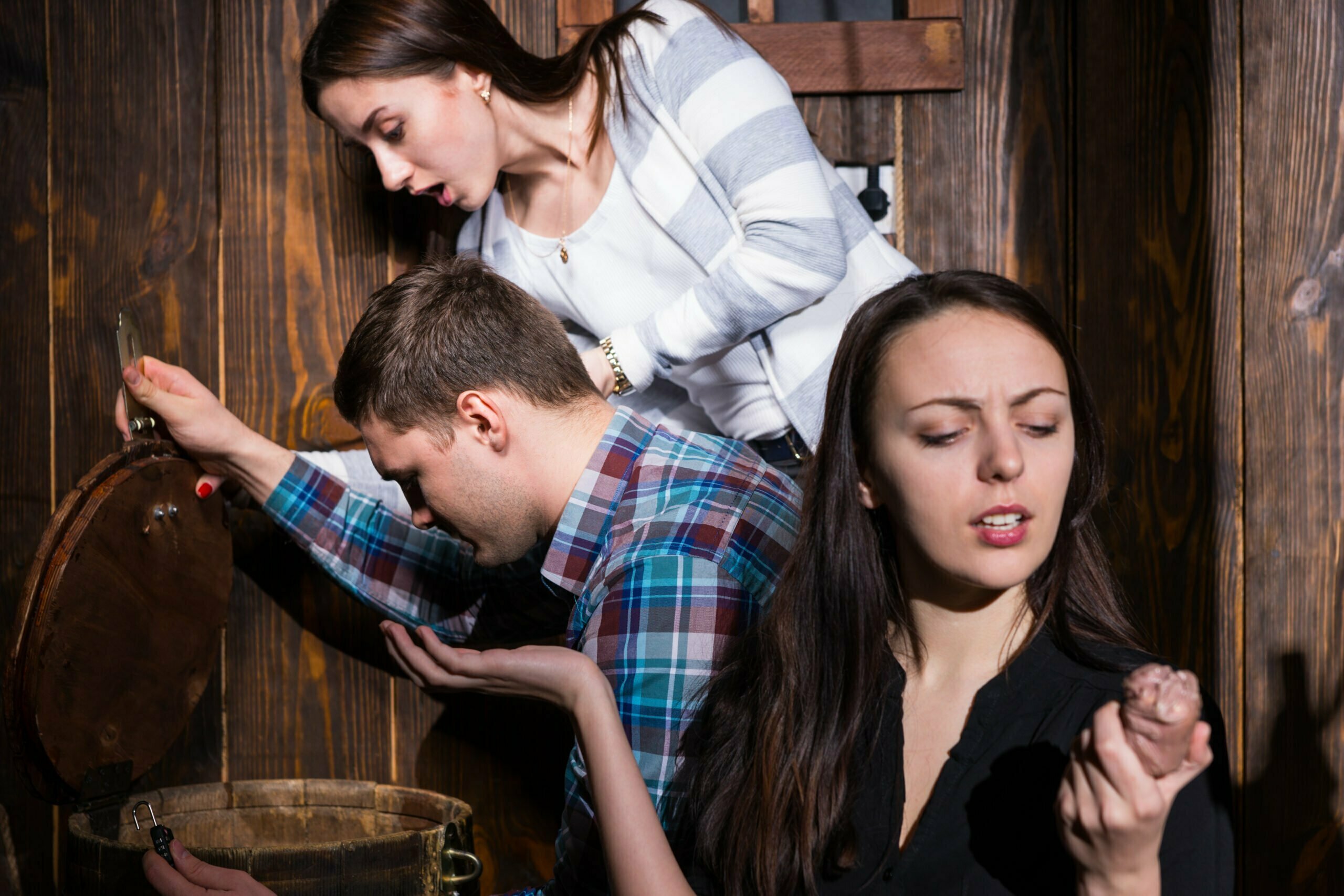Have you thought about your team roles for your next escape room? Everyone needs to get involved, but you can’t have six leaders! Start by assigning roles based on each of your personalities. Different playstyles will affect the game, so it’s important to keep it balanced. Keep reading to find out our top six team roles in escape rooms!
Team Roles in Escape Rooms
The Leader
Every team will need a good leader. This is usually the extrovert of the group or someone who has completed escape rooms before. Most leaders will self-elect themselves, but you might want to put it to a vote if multiple people are in the running! The leader will automatically take on a management role, organising everyone’s tasks and workflow. They’ll be responsible for checking on players’ progress and generally being a bit bossy.
Every player needs to have good communication skills, but it’s vital for the team leader to be able to communicate with and motivate the rest of the group. As well as general problem-solving, the leader should resolve potential conflicts between players, and embrace the challenge of the game to keep everyone in high spirits. This isn’t an easy role to play, but is it the one for you?
The Finder
Got a particularly observant friend? You’ve got yourself a finder! This is the perfect person for finding even the smallest of clues, scouring high and low to notice every detail until that glorious “A-HA!” moment comes. The Finder is a crucial role in any escape room, after all, uncovering clues and solving them is the goal!
Ideally, this player will be filled with motivation and enthusiasm, using their skills to retain information and apply it when needed. Younger players might be the better-suited ones for this role, as they tend to have higher energy levels (and potentially the best eyesight…).
The Thinker
Think you’re the most logical member of your friend group? Every team needs a thinker. This person will need to use their advanced puzzle-solving skills to decode the most challenging clues. The leader should assign this member of the team the most cryptic clues to solve the puzzle efficiently.
This player will be analytical, with the ability to utilise their existing knowledge to crack codes and solve puzzles. Without this player’s quick thinking, you might struggle to escape before the 60-minute timer runs out!
The Organiser
You’ll notice that a large number of clues will build up during the process of solving puzzles – including keys, papers, and other items. It’s important that none of these vital clues get lost, and that they’re organised efficiently to be located when needed. It’s a good idea to have a dedicated person to keep these items in check, rather than spreading them out across players.
This person will organise all important clues in a specific area, as well as remove any that have already been used. After all, the last thing you need is to be wasting time trying to solve a puzzle with an old clue! They should also keep a mental note of every item, ready to make connections when a new clue is found.
The Reader
There will be lots of written clues throughout the escape room, so it’s important not to skip past them. If you’ve got an avid bookworm, this is the person you should task with reading out the most important clues.
Of course, anyone can read out a few clues, but it’s unlikely that the whole team will listen. The reader should keep a mental note of every written clue, absorbing the information as they read it. They should also be able to find links between written clues and communicate them to the rest of the team. Think of yourself as a bit of a literature-lover? This could be the role for you!
The Leaper
Every team has a leaper, even if they’re more of a hindrance than a help. This player will often ignore logic and jump to conclusions when trying to solve a puzzle.
You might be thinking, ‘why is this a good role to have?’ Hear us out… Most of their ideas might be completely wrong, but occasionally their unorthodox way of thinking might just solve the puzzle. They’ll be quick to think of the most creative solutions, making their voice known to other players. Also, they might bring a touch of comic relief to the situation!
Think you’ve got the perfect team? Put your skills to the test and use your team roles in one of our escape rooms at TimberVault! Check them out by clicking here.






